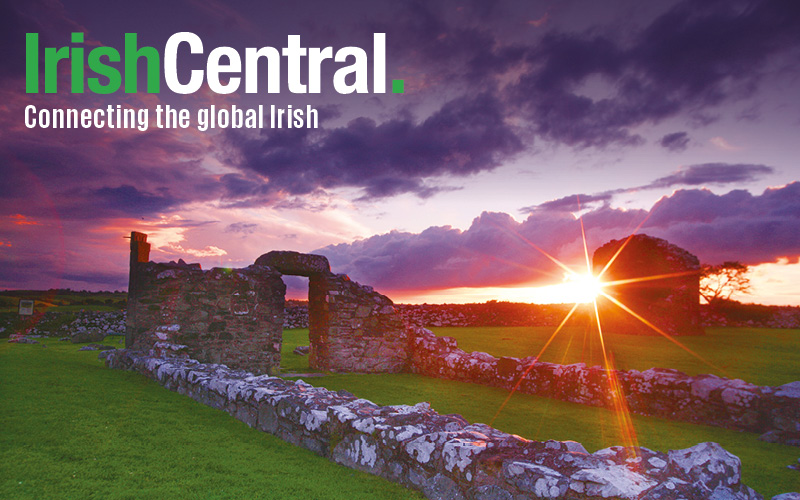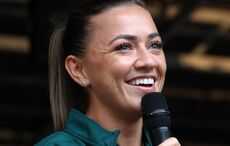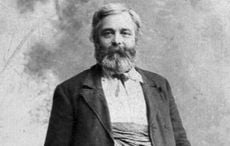It was the greatest coup on an Irish racecourse of all time when Yellow Sam won an obscure race at the little Bellewstown track in County Meath on June 26th 1975.
Those same races are being held this weekend but it is highly unlikely there will ever be a coup like it.
It was the days before cell phones and the tiny track seven miles from anywhere had only one telephone booth. The opportunity for mischief was evident. Bets laid at the track could not be relayed to bookmaker’s offices around Ireland if that phone booth was occupied. Bookmakers around Ireland could not contact their on course partners to tell them that a coup was underway.
As Wikipedia notes it was orchestrated by Barney Curley, a Northern Irish professional gambler and entrepreneur. By taking advantage of an under-handicapped horse and the lack of easy communications between the Bellewstown racing course and off-course bookmakers, Curley made a profit of over IR£300,000 ($2 million adjusted for inflation) – one of the largest betting coups in Irish history
Yellow Sam was a "slow but steady" horse bought by Curley and was given his name from his father's nickname at the races. Curley instructed the horse's trainer, Liam Brennan, to train Yellow Sam specifically for the somewhat obscure annual National Hunt race at Bellewstown, featuring mostly amateur jockeys.
To ensure that the horse would run at least once with a much lighter handicap than would normally be the case, Curley first ran the horse in a series of races on other tracks in unfavourable conditions.
Curley spent weeks developing the plan and putting people in place. On the day of the race, Yellow Sam's starting price was 20–1, but if large sums of money were being placed on the horse, that figure would drop quickly, drastically reducing the coup's potential take. It was for this reason that Yellow Sam was to race at Bellewstown specifically, as the track was serviced by just one public telephone and had no private lines at all – making it uniquely possible to disrupt communications to the course bookies who determined the starting prices for the participants.
Dozens of Curley's friends, acquaintances, and paid accomplices stood in bookmaker's shops across the country with between £50 and £300 and sealed instructions to be opened upon receiving a call. None of the accomplices knew beforehand which horse had been prepared, or in which race it was to run. Curley called six or seven of his people at 2.50 pm, ten minutes before the race was to start, and instructed them to each call ten to twenty others.
In all, Curley invested just over £15,000, his entire savings, in the gamble. Twenty-five minutes before the race was about to start, and fifteen minutes before the bets were to be placed, Benny O'Hanlon, a friend of Curley's in on the plot, walked into the telephone booth and pretended to place a call to a dying aunt in a non-existent hospital. His act was convincing, as the queue behind him waiting to use the telephone sympathetically allowed him to continue talking for half an hour, while off-course bookies desperately trying to lay off their liabilities struggled in vain to contact their counterparts on the course.
Curley had already built up something of a reputation during his years as a professional gambler, and knew that his presence at the course was likely to cause concern amongst the bookies, and possibly give away the scam before the off. Still, with so much at stake he wanted to see the race first-hand, so he crept into the centre of the course and watched the race concealed in a thicket of gorse. The gamble succeeded, with Yellow Sam winning the 13-hurdle race by two and a half lengthsSince nothing about the coup had been illegal, the bookkeepers were forced to pay out.
The coup made Barney Curley infamous throughout Ireland and the United Kingdom, and made headlines in many Irish and British national newspapers and television reports. To this day, it continues to be listed as one of the greatest betting scams of all time.




Comments